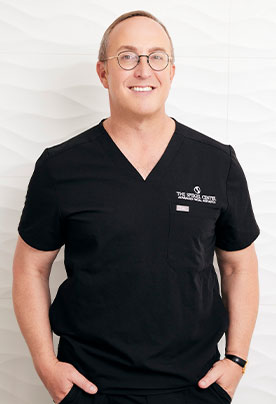
If a person is about to undergo plastic surgery for cosmetic purposes, they’re not dealing with anything especially dangerous. Plastic surgery recipients don’t need to worry about anything more than coming out of the surgery with a new and improved appearance. Despite this, there is a lot that should be taken into account before having any cosmetic surgery performed, and it is important to be completely prepared, just as you would before any other kind of surgery.
Meet the Surgeon
It is important that the patient of any surgery feel as comfortable as is possible, given the circumstance of the procedure. To help feel comfortable, it is necessary to research various practices and surgeons before settling on one. This means getting to know a surgeon’s specialties, asking questions, looking at before and after photos, and beginning to build a relationship that will give an idea of what the future holds. Your first bit of “homework” should be to decide who you want to be your doctor for this operation. If it’s someone you can trust with a specialty that matches your interest, you’ll experience a far more comfortable operation because of the increased likelihood of its success.
Understand the Risk
Regardless of whether or not the surgery is cosmetic, there will always be potential side effects involved. It is crucial to understand exactly what a given procedure will entail before signing up for it. This means both potential side effects and cost; a large number of these operations are not cheap, and a good deal of them are also more painful than many would think (contrary to popular belief, “less invasive” does not mean “not painful;” rather it means “less painful”). After choosing a doctor, sit down with them and discuss the costs associated, the potential side effects and their likelihood, as well as the possibility of necessary follow-up visits.
Prepare for the Post-Surgery
Like any surgery, there will be some period of time afterwards that will entail an impediment to regular living. For some procedures, this period lasts only a few hours, but for others it can last several weeks. Often, the surgeon will prescribe activities such as walking between periods of rest. This can mean needing to take time off of work, and can sometimes mean a little extra help is necessary. Understand exactly what the post-operation will be like, and prepare accordingly; schedule time off work, ask friends or family to help you while you’re on bed rest, and plan out anything else that may be necessary so you can take care of yourself and properly maintain your cosmetic surgery after it has been performed.
Although plastic surgery is generally less invasive than a standard surgical procedure, it still isn’t the kind of thing that can just be walked in and out of in a day without side effects or repercussions. Performing research and being thorough will prevent surprises and allow for a smooth, easy process that is much more likely to give the desired results.





